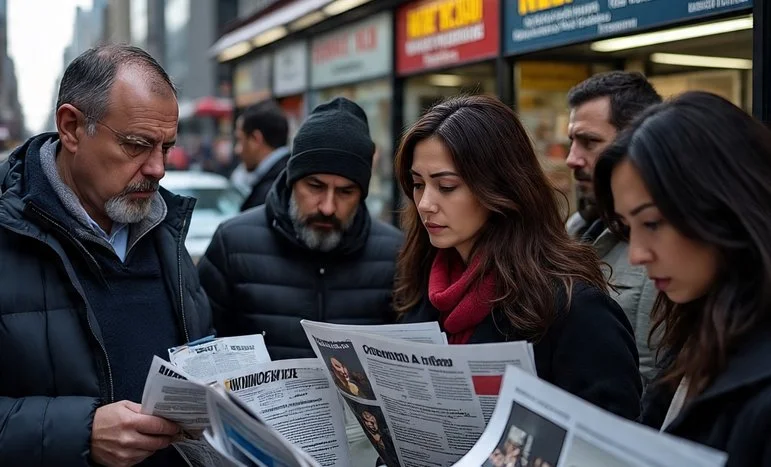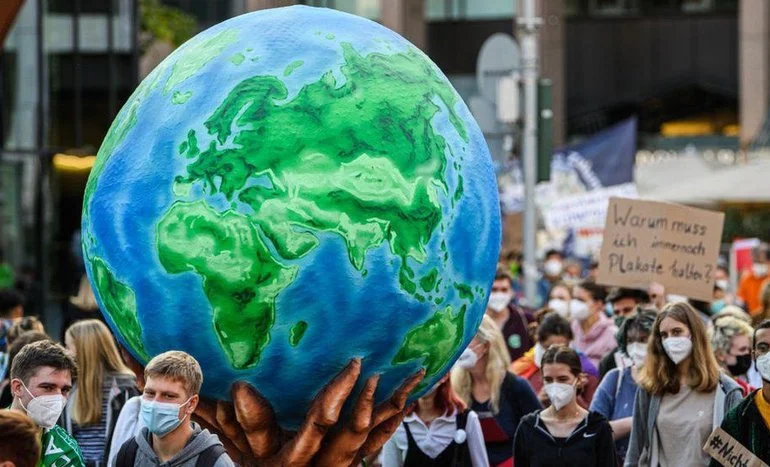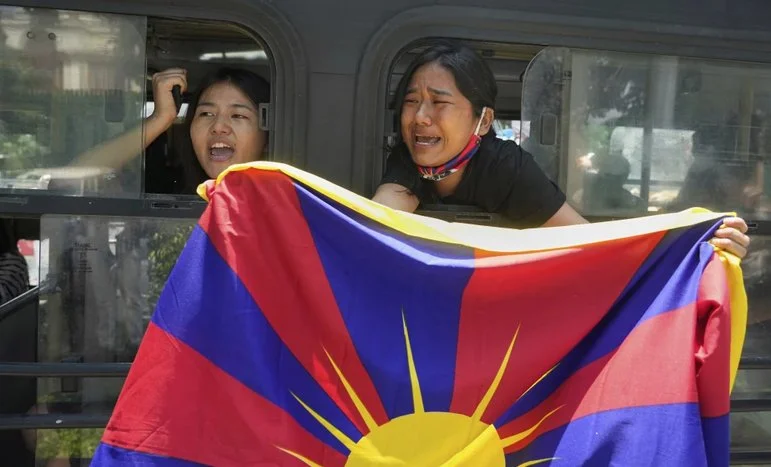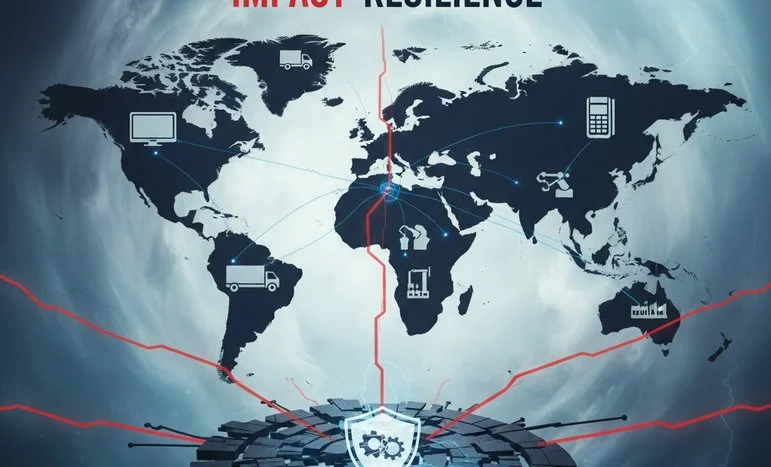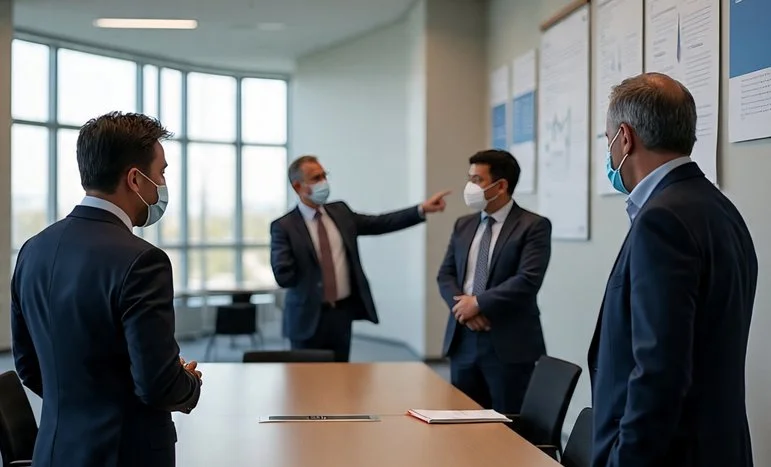
Pandemic Preparedness Gaps: A Wake-Up Call for Global Health Systems
The COVID-19 pandemic served as a stark and painful reminder that global health systems remain dangerously unprepared for large-scale biological threats. Despite remarkable scientific achievements, including the rapid development of vaccines and treatments, the crisis exposed deep structural weaknesses in surveillance, coordination, financing, and equitable access to care. These pandemic preparedness gaps did not merely slow the response to COVID-19; they amplified its human and economic toll, leaving millions dead and trillions of dollars in losses. As the immediate emergency fades from public consciousness, the risk grows that complacency will once again take hold, allowing the same vulnerabilities to persist until the next outbreak arrives.
History offers a consistent and sobering lesson about infectious disease threats. Outbreaks such as SARS in 2003, H1N1 influenza in 2009, Ebola in 2014, and COVID-19 in 2020 all revealed how underfunded and fragmented health systems struggle under pressure. Countries with robust primary healthcare networks, strong laboratory capacity, and well-trained public health workforces were generally able to detect cases earlier, implement containment measures more effectively, and maintain public trust. In contrast, many low- and middle-income countries lacked the infrastructure to scale up testing, contact tracing, isolation, and treatment, resulting in delayed responses and higher mortality. These disparities demonstrate that pandemic preparedness gaps are not confined to any single region but represent a systemic global failure.
One of the most persistent challenges in pandemic preparedness is the cyclical nature of political and financial attention. Investment in global health security often surges during crises, when fear and urgency dominate public discourse, only to decline sharply once the immediate threat subsides. Preparedness plans are drafted, task forces convened, and pledges announced, yet long-term funding commitments frequently fall short. As budgets tighten, prevention and preparedness are among the first areas to be cut, despite their proven cost-effectiveness. This pattern leaves health systems chronically under-resourced, struggling to maintain readiness in the absence of visible danger, even though the next outbreak may already be incubating.
Surveillance weaknesses represent another critical gap in global preparedness. Early detection is essential for containing outbreaks before they spread widely, yet many regions lack basic disease surveillance infrastructure. Limited laboratory capacity, insufficient genomic sequencing, and fragmented data systems create blind spots where emerging pathogens can circulate undetected. Delays in reporting and inconsistent data sharing between countries further undermine the global response, allowing outbreaks to gain momentum before coordinated action can be taken. In an era of rapid travel and dense urbanization, even small delays can have outsized consequences, transforming local outbreaks into global emergencies.
The health workforce itself is a central pillar of preparedness, yet it remains overstretched and underprotected in many parts of the world. During COVID-19, healthcare workers faced extreme workloads, inadequate protective equipment, and significant personal risk. Burnout, trauma, and attrition have since reduced workforce capacity, leaving systems more fragile than before. Without sustained investment in training, retention, and surge capacity, health systems will struggle to respond effectively to future crises. Preparedness is not solely about infrastructure and technology; it depends fundamentally on people who are supported, skilled, and able to act decisively under pressure.
Emerging threats add further urgency to the need for preparedness. The next pandemic may not resemble COVID-19 in its transmission dynamics, severity, or origin. Zoonotic spillover remains a constant risk as human activity increasingly encroaches on wildlife habitats, intensifying contact between humans and animal reservoirs. Climate change alters ecosystems and disease vectors, expanding the geographic range of pathogens such as dengue, malaria, and Zika. Advances in synthetic biology, while offering enormous benefits for medicine and research, also raise concerns about accidental release or deliberate misuse. Bioterrorism, once considered a remote possibility, now occupies a more prominent place in security assessments, underscoring the need for rapid detection and response capabilities.
The speed at which such threats could overwhelm existing systems highlights why preparedness must be proactive rather than reactive. Vaccine development, while faster than ever, still requires time to scale manufacturing and distribution. Treatments and diagnostics may lag behind the spread of a novel pathogen, particularly in resource-limited settings. Without pre-established systems for surge capacity, supply chain resilience, and coordinated decision-making, even advanced technologies cannot prevent widespread disruption. Preparedness is therefore not an abstract ideal but a practical necessity grounded in realistic assessments of risk and capacity.
Building resilient global health systems requires a comprehensive and sustained approach. Stable financing mechanisms are essential to ensure that preparedness efforts do not depend on short-term political cycles. Dedicated global funds for pandemic preparedness can support surveillance, laboratory networks, workforce development, and emergency stockpiles, particularly in countries with limited domestic resources. At the national level, stronger primary healthcare systems provide the foundation for effective outbreak response, enabling early detection, community engagement, and continuity of essential services during crises. Hospitals and supply chains must be designed with flexibility and redundancy, allowing them to absorb sudden surges in demand without collapsing.
Integrated data sharing is another cornerstone of preparedness. Pathogens do not respect borders, and neither should the systems designed to detect and contain them. Timely, transparent exchange of epidemiological and genomic data enables faster risk assessment and coordinated action. Building trust among nations is critical to overcoming political and economic incentives that discourage openness, such as fear of trade restrictions or reputational damage. Clear norms and protections around data sharing can help align national interests with global health security.
Investment in research and innovation strengthens preparedness by expanding the tools available to respond to emerging threats. Advances in vaccine platforms, including efforts toward universal or pan-pathogen vaccines, hold promise for reducing response times dramatically. Rapid diagnostics and point-of-care testing can empower frontline providers and communities, enabling earlier intervention. However, innovation must be paired with equitable access, ensuring that life-saving technologies reach populations based on need rather than purchasing power. The unequal distribution of COVID-19 vaccines illustrated how inequity can prolong a global crisis, allowing the virus to circulate and evolve even as some countries achieved high coverage.
Global cooperation remains indispensable in addressing pandemic preparedness gaps. No country, regardless of wealth or technological sophistication, can fully insulate itself from infectious disease threats. International organizations such as the World Health Organization, the World Bank, and forums like the G20 play a crucial role in coordinating financing, technical assistance, and early-warning systems. Effective cooperation requires not only resources but also political commitment to shared rules and mutual accountability. Preparedness must be viewed as a collective good, with benefits that extend far beyond national borders.
At its core, strengthening pandemic preparedness is both a moral obligation and a strategic imperative. The human cost of past pandemics demands action to prevent avoidable suffering and loss of life. Economically, the cost of preparedness is negligible compared to the devastation caused by uncontrolled outbreaks, which can erase years of development gains in a matter of months. Socially and politically, resilient health systems foster trust in institutions and reinforce the social contract during times of crisis. Ignoring pandemic preparedness gaps is therefore not merely shortsighted but reckless, leaving humanity vulnerable to threats that are certain to recur.
The world now faces a choice. It can allow the lessons of COVID-19 to fade, repeating the familiar cycle of panic and neglect, or it can commit to building durable systems that protect future generations. Preparedness saves lives, safeguards economies, and strengthens global cooperation. Treating it as a continuous priority rather than an episodic response is essential to ensuring that the next outbreak does not become another global catastrophe.
We appreciate that not everyone can afford to pay for Views right now. That’s why we choose to keep our journalism open for everyone. If this is you, please continue to read for free.
But if you can, can we count on your support at this perilous time? Here are three good reasons to make the choice to fund us today.
1. Our quality, investigative journalism is a scrutinising force.
2. We are independent and have no billionaire owner controlling what we do, so your money directly powers our reporting.
3. It doesn’t cost much, and takes less time than it took to read this message.
Choose to support open, independent journalism on a monthly basis. Thank you.






